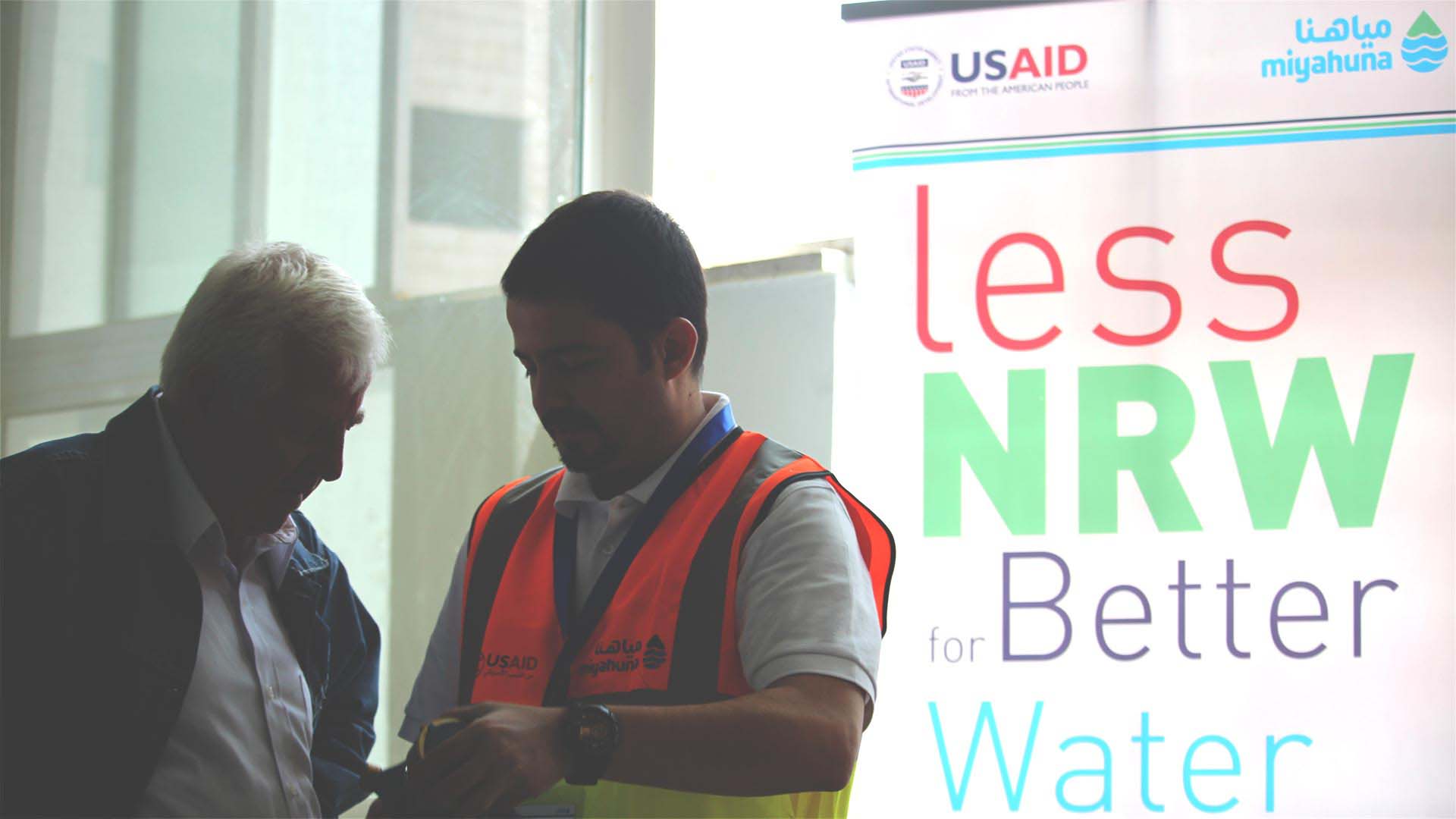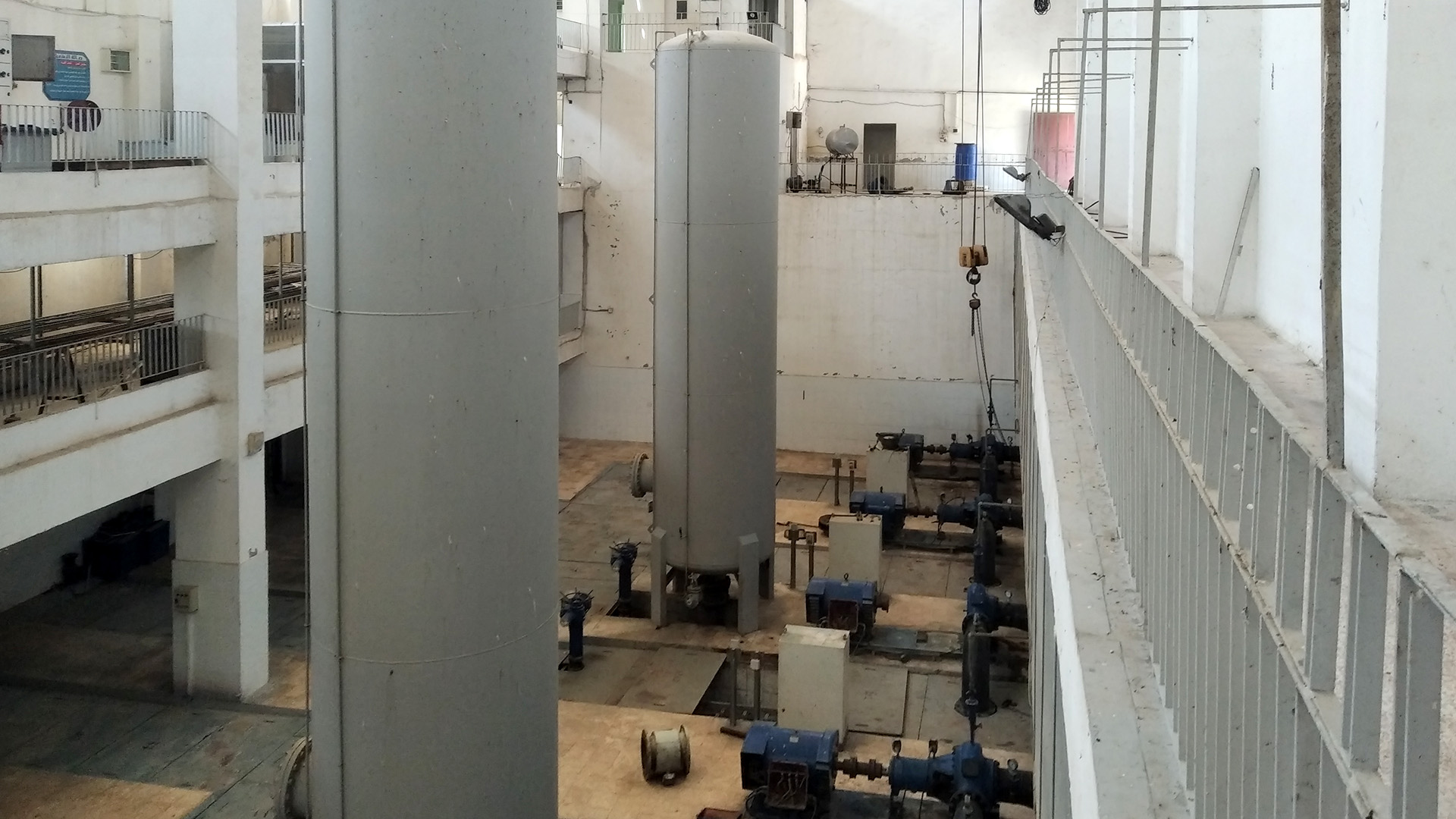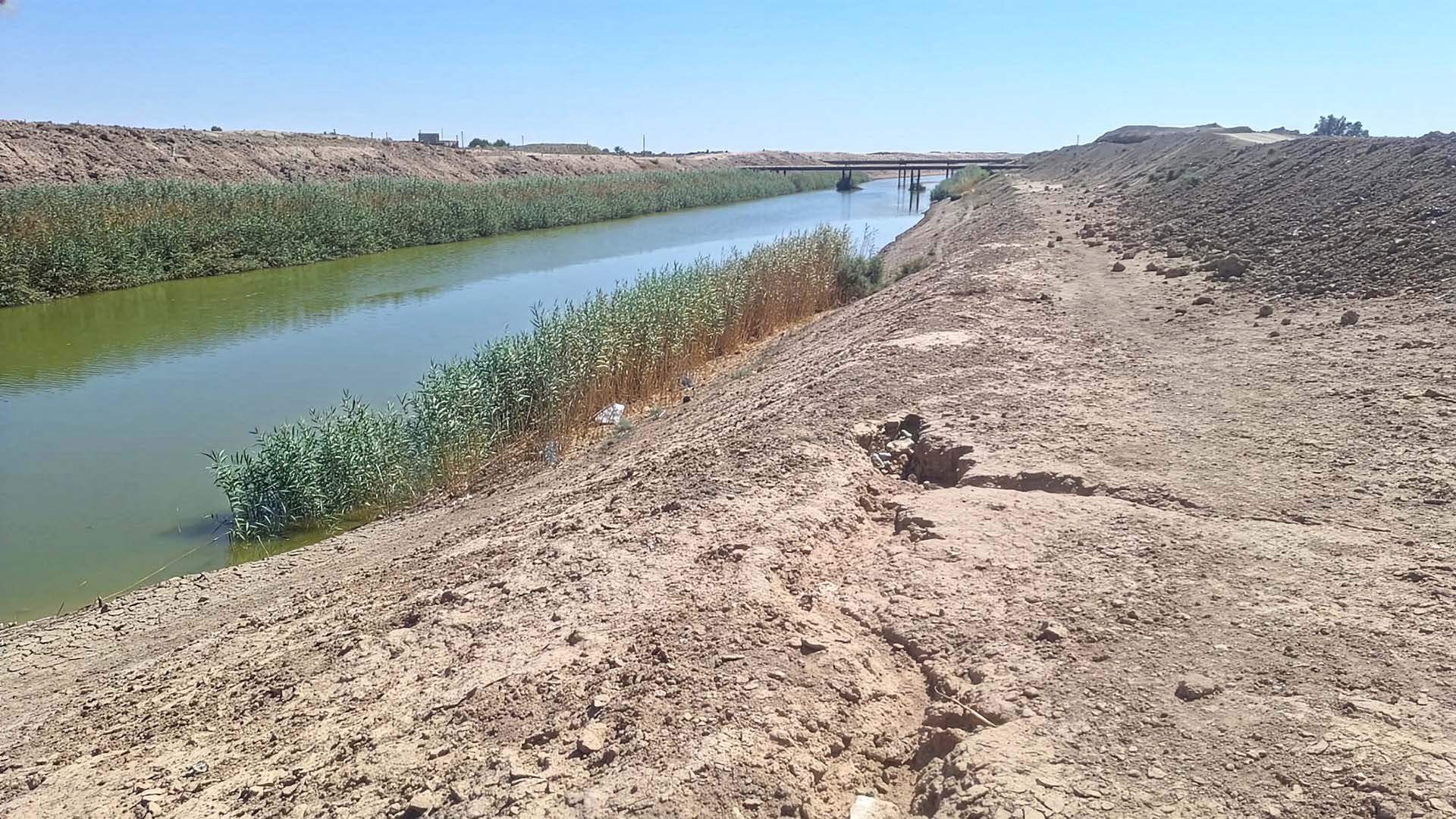Securing the essential: We engineer resilient water infrastructure and management systems that guarantee long-term security in a changing world.
Fresh water does not exceed 2.5% of the total water volume on our planet, and most of it is trapped in ice. While this scarce resource is used for drinking and hygiene, it is also the lifeblood of agriculture, food production, industry and waste management. Demand for water is massive and perpetually increasing, therefore concentrating global development efforts on water conservation and sustainable water management.
Lowering costs, optimizing energy and water-use efficiencies in distribution networks, and assessing the environmental impact of water projects, make vital parts of any successful strategic national plan. In the MENA region, which is ranked among the world’s poorest in water resources, managing this scarce resource sustainably is posing an enormous challenge. The engineering side of major water and wastewater projects requires expertise in multiple engineering disciplines, a competitive edge that Engicon has been delivering.
We have seen our share of water and wastewater projects increase significantly over the years and expect this upward trend to continue. Changes in global climate patterns, water pollution, and population growth are pressuring governments to adopt innovative water conservation strategies and new technologies.
Our engineering teams have collaborated on several major water and wastewater projects regionally, covering collection, storage, treatment and conveyance systems. We have been involved in designing and supervising the development of pumping stations, treatment plants, hydraulic models, groundwater management and flood protection schemes, irrigation and drainage systems, as well as dams.
Engicon’s work included water and wastewater feasibility studies and environmental impact assessment, in addition to planning and design. The company has also supplied construction management services for medium and large-scale projects in different countries. Our portfolio features fast-track and parallel-track projects at utility agencies, tackling pressing challenges in the water industry of the Middle East region.
In a US$200 million USAID-funded program, Engicon was selected to execute a major water project in Jordan for the reduction of non-revenue water, or lost water, which was estimated at a 50% loss-rate* at the time. For this 10-year project, our engineers developed multiple strategies to reclaim lost water as well as setting up an institutional framework that consistently monitors and optimizes performance.



